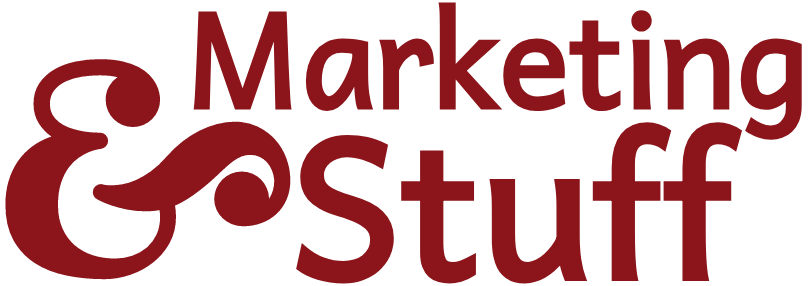Although it might seem like the pinnacle of success, having your brand become associated with a complete category could signal its demise.
The CEO of Brand X smiled, looked straight into the camera and repeated the question. ‘What do we want to do next with our brand? Well, that’s obvious, isn’t it?
‘We want our brand to become a verb!’
‘Yes,’ nodded the enthusiastic CFO sitting next to him. ‘Definitely. We want everybody to ask, “Has this product been X’d?” before they buy it.’
No, I thought. That’s the last thing you want!
Maybe you’re wondering why this would be such a bad idea? After all, a lot of effort and money goes into building brand recognition. Becoming the name in its sector gives the top brand a lot of traction – and reaching the point where the brand name is used as a verb is surely the best signal that a brand has reached the top?
A generic brand is no brand at all
Let’s unpick what this really means.
When a brand becomes a verb, it is synonymous with the product or service. In other words, it’s generic. The definition of generic is:
‘Characteristic of or relating to a class or group of things; not specific.’ (Definition from Oxford Languages.
Oxford Languages and Google – English | Oxford Languages (oup.com))
A key part of most brand strategies is differentiation – the exact opposite of being generic. Becoming a verb might occur because a brand is so successful, but it might also signal the beginning of the end of its dominance.
When there are few competitors, this is not such an issue – because the brand dominates the market both in name and in fact. But when the competition starts to grow and innovate within the sector, then the problem with being generic really sets in.
After a while, younger customers may not even realise that the generic verb they are using ever was a brand in its own right. At this point, a little like a star that has exhausted all its hydrogen and started to cool and bloat into a red giant, the initial brand has lost its power and value.
Take Hoover as an example. I do the hoovering twice a week – and my ‘hoover’ is a Shark. I’ve never owned an actual Hoover vacuum cleaner but using the words ‘vacuuming’ or ‘vacuum cleaner’ just sound wrong. To me, the brand has become so generic it is the category.
Is Google becoming generic?
We can see this process unfolding right now in the tech sector.
Among the top tech firms are Apple, Facebook, Amazon and Google. They are all leading brands – and you could argue at the top of their sectors – but only one of them has become a verb.
Apple, Facebook and Amazon are protective of their brand identities and have come to dominate their markets without becoming generic. The iPhone is a type of smartphone: but no one uses ‘iphone’ to refer to all smartphones. Not all social media platforms are referred to as a ‘facebook’. People shop online: they don’t ‘amazon’ things. Though they are market leaders, they have kept their edge and their brands distinct from the generic offering.
Google, on the other hand, has become a verb, whether this was a deliberate ploy, or accidental. It means that now even if they are using Bing or DuckDuckGo, people will still say that they are ‘googling’. Of course, Google still dominates searches in most of the world so it is still at the point where being generic doesn’t hurt it – however competition is increasing.
Concerns about personal data are driving more people to options such as DuckDuckGo, and all new Windows PCs have Edge and Bing installed as standard meaning that users must make the conscious choice to select Google as their search engine. But I’m sure most people will still ‘google’ rather than ‘make an Internet search’ no matter which engine they are using. Slowly but surely, Google’s edge as a leading brand is being eroded because it has become a generic verb.
(As a quick aside – Edge just updated on my PC and has reset to have Bing as the default search engine. So the efforts to choose my own search engine have to be repeated – and at some point, I’ll possibly not bother…)
Focus on core brand values and strengths
Saying that your ambition for your brand is to become a verb is maybe a tad hubristic, given that becoming generic and losing recognition is the next logical stage. Instead, it’s better to focus on the core of your business: the value you give your customers. Build on that by finding ways to improve your offering. Deliver better customer experiences and superb service that put you head and shoulders over your competitors. Aim to dominate your category without becoming generic.

